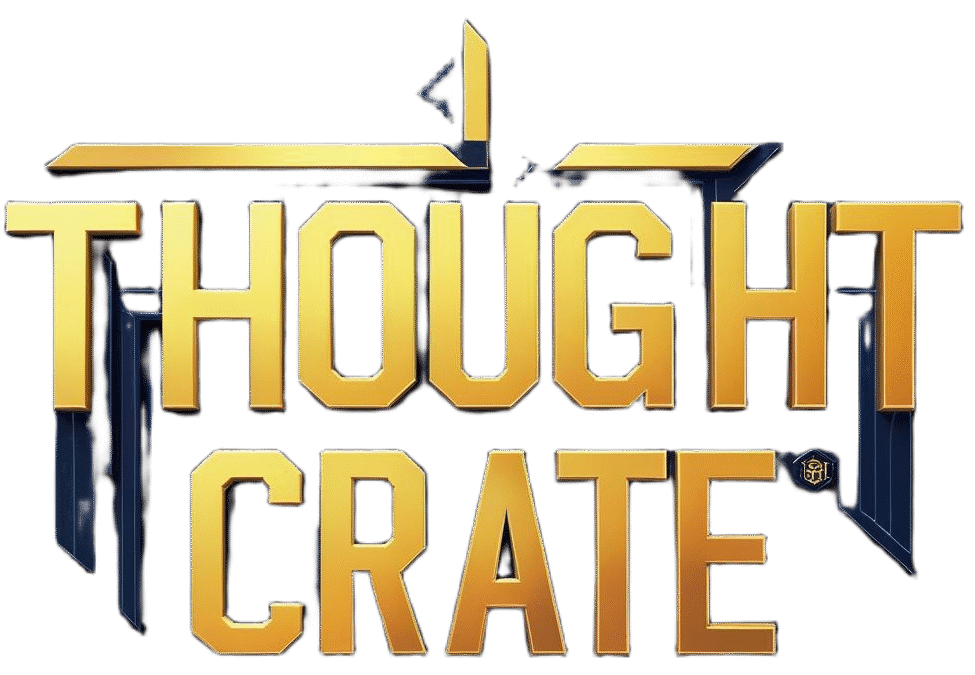Puzzle: Unlocking the Fascination of Mind Games
In a world full of distractions and fast-paced living, puzzles stand out as timeless and captivating challenges that have captured the curiosity of people for centuries. From jigsaw puzzles to brain teasers, these enigmatic games have a unique way of engaging our minds and providing a sense of accomplishment when solved. Let’s delve into the intriguing world of puzzles, exploring their history, significance, applications, and future trends.
### Unraveling the History of Puzzles
Puzzles have a rich history that dates back to ancient times. The earliest known puzzle, the dissection puzzle, can be traced back to the 3rd century BCE in Greece. These puzzles involved cutting a shape into pieces that could then be rearranged to form a different shape. Over the centuries, puzzles evolved and diversified, with developments such as jigsaw puzzles, crosswords, sudoku, and Rubik’s Cube captivating generations of enthusiasts.
### The Significance of Puzzles in Cognitive Development
Beyond being a source of entertainment, puzzles play a significant role in cognitive development. Solving puzzles requires critical thinking, problem-solving skills, pattern recognition, and spatial reasoning. Engaging in puzzle-solving activities can help improve memory, enhance concentration, boost creativity, and sharpen problem-solving abilities. Puzzles are not just games; they are mental exercises that stimulate the brain and promote cognitive well-being.
### Applications of Puzzles in Various Fields
Puzzles have found applications in a wide range of fields beyond leisure and entertainment. In education, puzzles are used as educational tools to teach various subjects, improve learning outcomes, and foster critical thinking skills. In healthcare, puzzles are utilized in cognitive therapy to help patients enhance their cognitive abilities and memory retention. Puzzles are also employed in research settings to study decision-making processes and problem-solving strategies.
### Future Trends in the World of Puzzles
As technology advances, the world of puzzles is also evolving. Digital puzzles, virtual reality puzzles, and augmented reality puzzles are becoming increasingly popular, offering new and immersive ways to engage with these mind-bending challenges. The rise of online puzzle communities and mobile puzzle apps has made puzzles more accessible to a global audience, creating opportunities for collaboration, competition, and innovation in the puzzle-solving domain.
### Conclusion
In conclusion, puzzles hold a timeless allure that transcends generations and cultures. Whether you are a casual puzzler looking to unwind or a dedicated enthusiast seeking a mental challenge, puzzles offer a diverse range of experiences that cater to all interests and skill levels. From their intriguing history to their cognitive benefits and practical applications, puzzles continue to captivate and inspire us in ways that are both entertaining and enriching. As we look to the future, the evolution of puzzles in the digital age promises to revolutionize how we engage with these timeless brain teasers, opening up new possibilities for creativity, collaboration, and exploration. So, the next time you find yourself facing a puzzle, remember that it’s not just a game—it’s a journey of discovery and growth that can unlock the fascinating mysteries of the mind.
